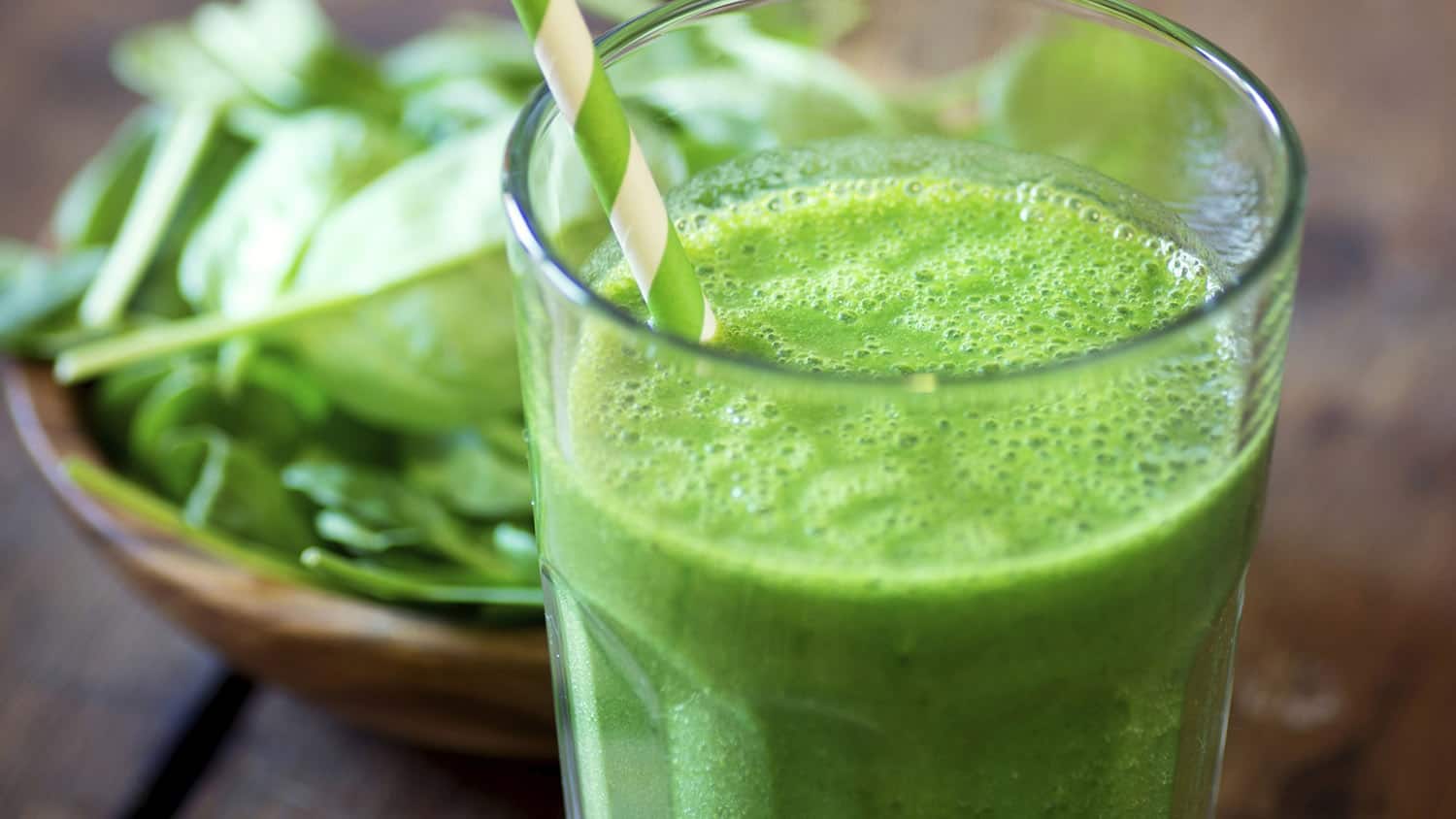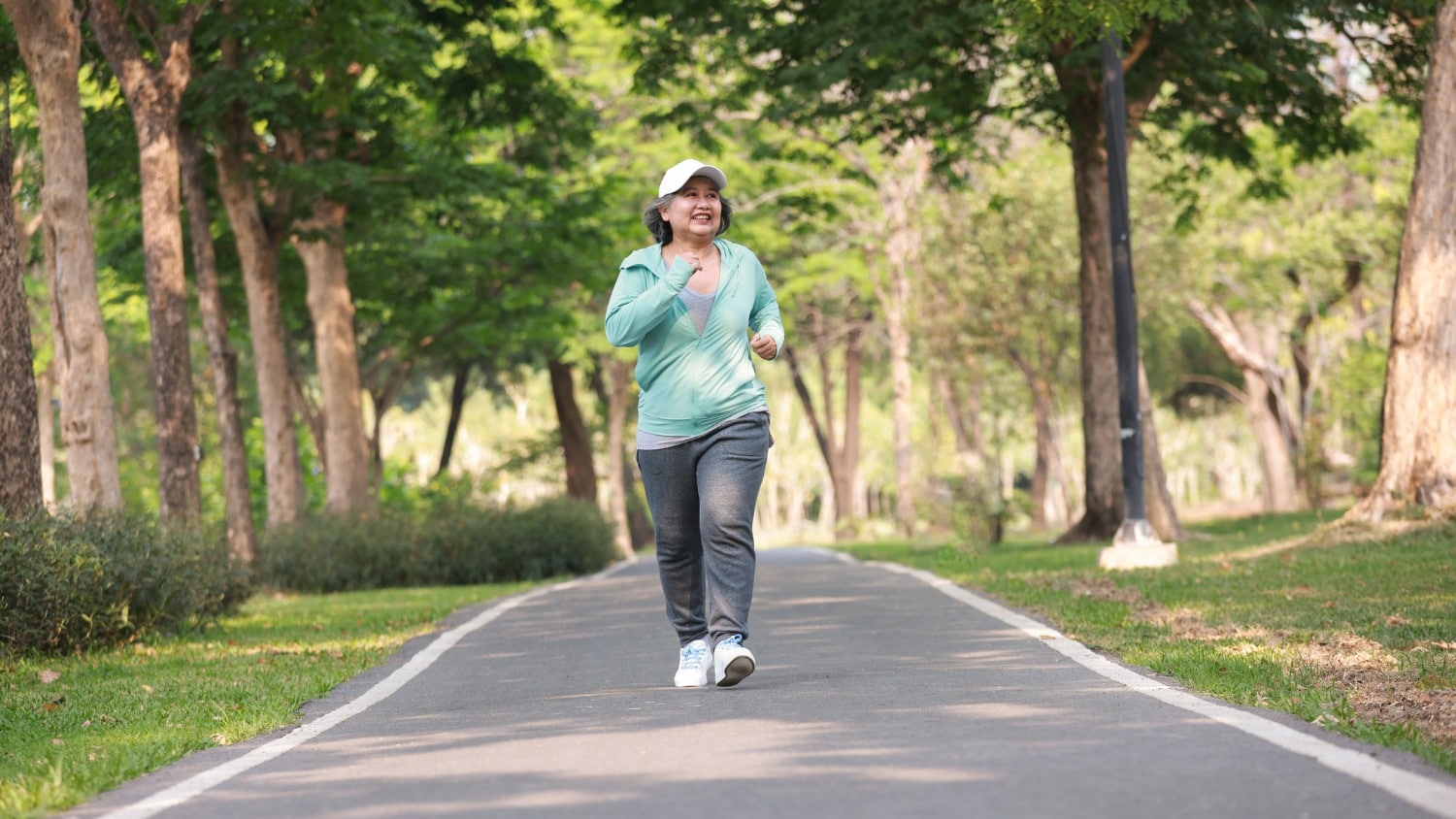How to Boost Your Memory with Simple Lifestyle Changes
I think I can speak for most of us boomers when I say that one of the more frustrating things about getting older is experiencing what we affectionately call “senior moments.”
In my case, I am finding that these are mostly about little things – such as someone’s name, where I left my keys or returning a friend’s phone call – “slipping my mind.”
I had pretty much come to accept this as part of getting older. I had thought there really wasn’t much I could do about it other than put up yet another post-it note as a reminder to do something.
It turns out, however, that I was wrong. Research has now clearly shown that memory loss is not an inevitable part of getting older. There is a lot we can do in our 60s and beyond to not only preserve our memory but to even boost it.
The best part is that most of these are simple lifestyle changes that you can start making today. In my opinion, these changes fall into four categories: daily activities, diet, partnering with your doctor and nutritional testing.
Daily Activities
You may already be doing some of the activities that can boost memory and ward off memory loss and other cognitive decline, but others may come as a surprise to you. Here are some activities you may want to integrate into your daily routine:
Meditate or listen to music
Both are fun things that we can easily do, and they pay big memory benefits. How much? A recent study showed that only 12 minutes a day provided improvement in subjective memory function and other cognitive actions.
People participating in the study also showed improvements in sleep, mood, stress, overall well-being and quality of life.
Challenge your brain
Think of your brain as a muscle that gets stronger with use. Some ways to “exercise” your brain include cultivating new hobbies or learning new things. Try an online course or even researching issues that interest you.
Perhaps you would like to learn a musical instrument or play a board or card game. Other activities may include engaging in conversation with friends and doing crosswords. Basically, challenging your brain may be anything you would find fun and gets your neurons firing!
Quit smoking
This one should be obvious. Smoking is a no-no when it comes to protecting your memory. When you smoke, one effect is reduced blood flow to the brain, and good blood flow is necessary for good memory.
Drink alcohol in moderation
If you drink, work to limit your alcohol consumption to one drink a day. This will minimize the toxic effects that alcohol can have on your brain and your memory.
Get enough sleep
A Gallup poll suggests that as much as 40 percent of Americans get less than their recommended sleep time. Healthy sleep is simply the amount and quality of sleep you need to feel your best the next day.
What is enough for older adults? Well, forget the idea that we don’t need as much sleep as younger adults. We do! For most of us, we need between seven and nine hours a night.
Exercise
Try to engage in moderate exercise – with spurts of high-intensity – on a regular basis at least four to five times a week. If that seems too strenuous, then try walking for 15 – 30 minutes a day. The idea is to get your body moving!
Simple Changes to Your Diet
The adage “you are what you eat” is especially true when it comes to the impact that your diet can have on your memory. Try to include in your daily meals foods that enhance your memory, and avoid those that can harm it. Foods that need to be on your “must” list include:
- Fruits such as avocados; blueberries, which are now recognized as a major “brain food” for memory
- Vegetables such as dark leafy greens, broccoli, celery and beets
- Nuts, olive oil, coffee
- Fish, especially salmon
- Dark chocolate, honey
At the same time as you increase your consumption of “memory foods,” work to reduce or eliminate those foods which have been shown to harm memory, including:
- Saturated fats
- Simple carbohydrates
- Trans fats
- Artificial sweeteners
- Processed cheeses and meats
Partner with Your Doctor
Most of us tend to not be completely forthcoming and open with our doctors when they ask us how we’re doing. Perhaps we don’t want to be scolded for not exercising or we are afraid of getting bad news if we tell the doctor of our memory concerns.
In fact, government data shows that just 1 in 4 people over the age of 45 who experience memory complaints spoke with their doctors about it. And as we get older, even fewer of us are likely to share such information with our physicians.
But while this approach may spare us a few awkward or uncomfortable moments in the doctor’s office, it also means we won’t get the help we need to treat the causes of our memory loss.
Chronic illnesses such as high blood pressure and diabetes may impact your memory. So, discuss these issues with your doctor.
You may think that if doctors don’t bring it up, it doesn’t need to be discussed. However, no one knows your body like you do. So be your own biggest advocate. That time spent worrying or wondering could be better spent addressing health issues head-on.
Nutrition Testing
Nutrition testing can help you ensure your brain is getting the nutrition it needs to protect and enhance your memory. Getting tested for vitamin D and vitamin B12 deficiency is critical.
Both vitamins have been shown to influence memory, so it’s important to make sure you are getting enough of them in your diet. Vitamin D deficiency is especially a concern as we age. As we get older our bodies tend to produce less vitamin D in our skin from the sun.
In addition to having your vitamin D and vitamin B12 levels tested, you should also ask your doctor to test your glucose levels.
New research is showing that a decline in glucose levels in the brain comes before the first symptoms of memory loss. So, getting your nutrient and vitamin levels checked is now more important than ever.
There are so many issues that come with aging. We should make the effort to be aware of them and take steps to avoid or reduce their effects. Losing our memory doesn’t have to be one of those age-related issues! Taking some simple steps today can pay off in big memory dividends later.
What is your experience with memory loss, either personally or with friends and family? What steps have you taken to boost your memory? Do you believe they have been working? Tell us about it. Please join the conversation.
Tags Brain Health






